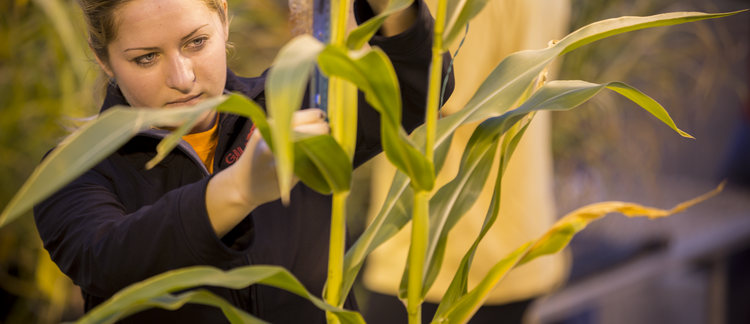Abstract
Oats are a major spring-sown, small grain crop in Iowa. It can be used for grain and straw production, as a companion crop to establish hay and pastures, or for early-season forage such as hay or haylage. Because oats mature in late July to early August, it allows for cropping options for the remainder of the season including establishment of a perennial forage or cover crop and a timely window for a mid-season animal manure application. Careful management and proper choice of variety can make oats a profitable crop due to their low input requirements and favorable effects on succeeding crops in a rotation. Planting oats before April 15 is recommended for optimal yields in Iowa. This helps avoid exposure to warmer weather during grain fill. Test weight is the most commonly used indicator of grain quality. High test-weight varieties should be chosen by growers who intend to market oat grain. Oat growth is regularly affected by rust and barley yellow dwarf virus. Variety resistance to these diseases should be considered. Another option is the use of a foliar fungicide applied at Feekes 9 growth stage, defined as flag leaf emerged with ligule visible. This research evaluates the effects of foliar fungicide application on oat production.
How to Cite:
Lang, B. J. & Pecinovsky, K., (2018) “Foliar Fungicides for Oat Production”, Iowa State University Research and Demonstration Farms Progress Reports 2017(1).
Downloads:
Download pdf
View PDF

